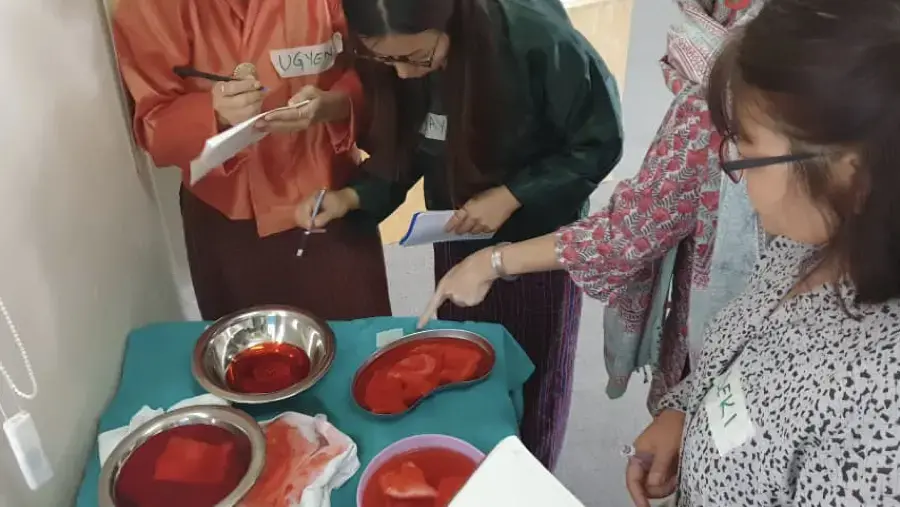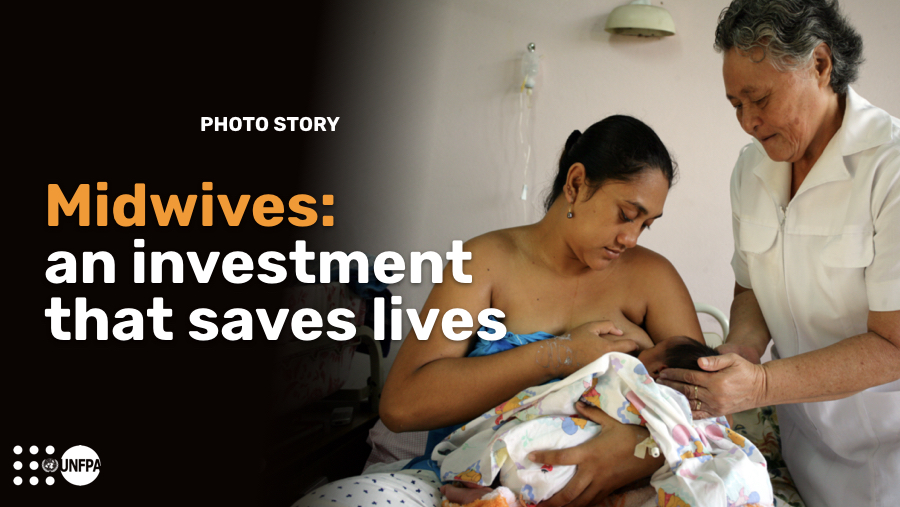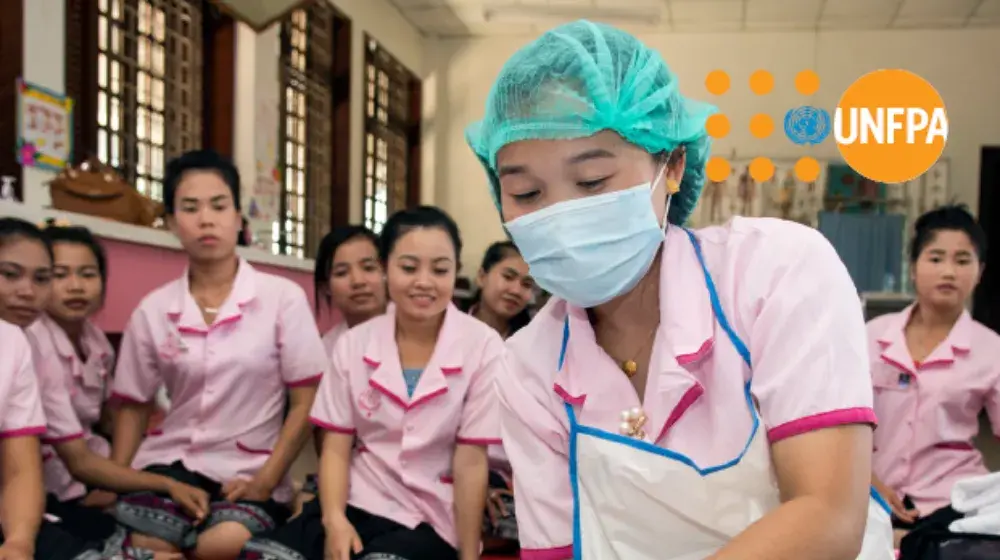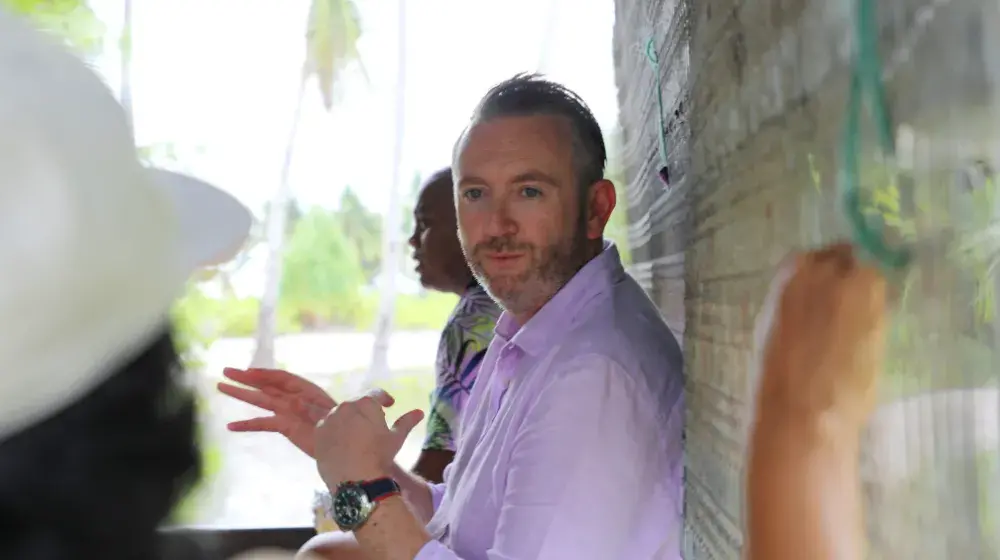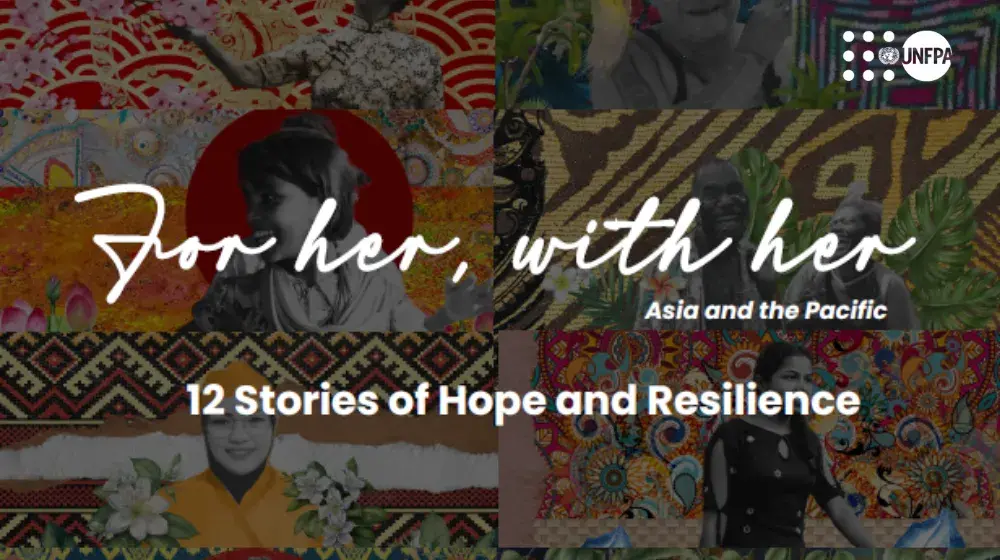Profile: Deki Pem from Bhutan
“We want to have a Midwifery champion in every hospital or health facility”
Deki Pem is the Deputy Dean and Assistant Professor of Nursing and Midwifery Department at Khesar Gyalpo University of Medical Sciences of Bhutan. In addition to training future midwives, she works with the Ministry of Health in Bhutan to strengthen Midwifery education and liaises with development partners to help the government improve midwifery services across the country.
“We had high maternal mortality rates in Bhutan,” Deki says. “The government took the initiative and prioritized reducing maternal mortality and morbidity because many women and children were dying from preventable causes. There were a lot of initiatives and support from the government and from the Ministry of Health to strengthen midwifery services.”
Deki says the goal is for every woman in remote corners of the country to have access to antenatal services, childbirth and postnatal services. She says the number of primary health centers is increasing and the number of attendance for antenatal sessions on the rise as well.
“Fifty years ago, there were not as many health facilities and many women were not aware that they had to give birth in the hospital,” Deki says. “Families used to assume that pregnancy and delivery is just a normal process and didn’t require medical professionals.”
“If there is a complication they have to recognize the risks of complications so they know when to refer to the mother."
Deki says community health workers are now trained on how to do antenatal care to recognize danger signs to assist women in preparing for the birth. “If there is a complication they have to recognize the risks of complications so they know when to refer to the mother,” she says.
In August 2019, Deki attended a training supported by UNFPA APRO on Emergency Obstetric and Newborn care (EmONC) using a unique ‘hands on’ simulation and scenario-based approach. Working closely with UNFPA and MoH, she adapted the training and was able to share it with health workers to create local ‘champions’ in every province in Bhutan. Once the champion is trained, they contact districts to conduct training with hospital staff.
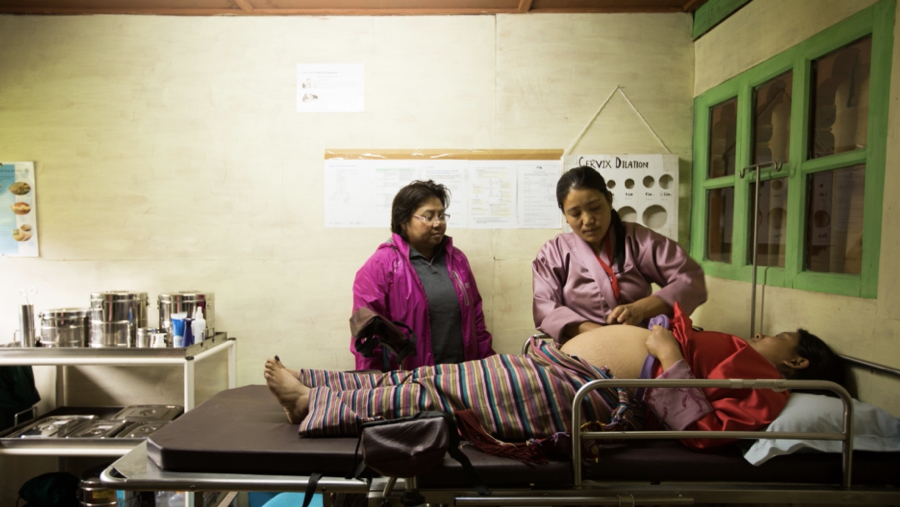
The concept behind the training was to support countries to initiate a continuing professional development program on EmONC for midwives and nurses that can be delivered regularly, but of short duration - ‘a low dose high frequency’ approach. This also enables continuous quality improvement as trainers identify which skills are weak and need strengthening.
“Those who did not have mannequins improvised with the piece of the boxes to make the pelvis."
Deki says that one of the things that often holds countries back is not having the right equipment to train with. “Those who did not have mannequins improvised with the piece of the boxes to make the pelvis,” Deki says. “Nurses have the motivation and enthusiasm, but there is a lack of equipment which actually doesn't give the sense of reality.”
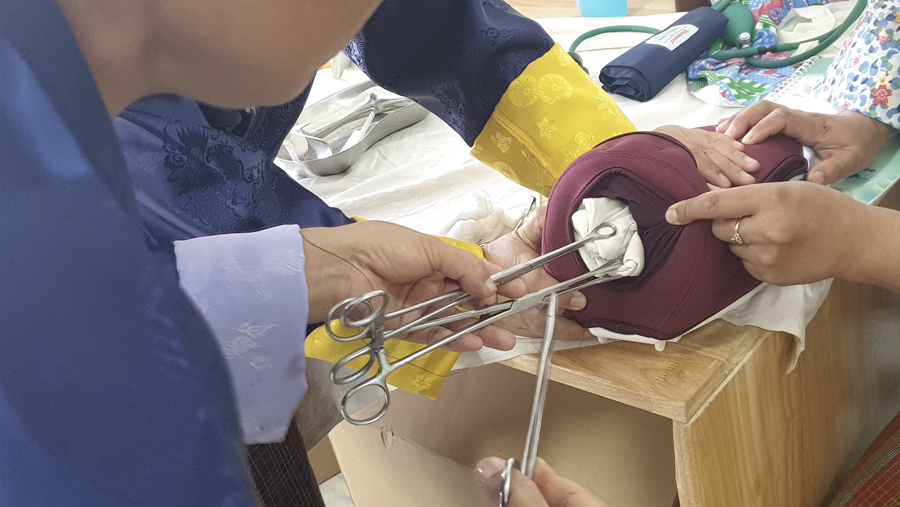
Now, the goal is to equip each facility with mannequins, so all nurses and midwives can practice, Deki explains. She says the mannequins and the repetition of complex procedures can keep up competency and help healthcare workers maintain the life-saving skills.
“This training is helping build their confidence and competence for how to manage women in need during the complications in an emergency birth.”
Deki says these skills became even more important during the pandemic. when a crisis happens and there is some complication, healthcare workers need to know exactly what to do even with limited personnel. “This training is helping build their confidence and competence for how to manage women in need during the complications in an emergency birth.”
With more than 50 hospitals across the country, Deki says it gives them a clear goal. “We want to have a midwifery champion in every hospital or health facility. There need to be a few people at every location who can provide this training for their own nurses.”
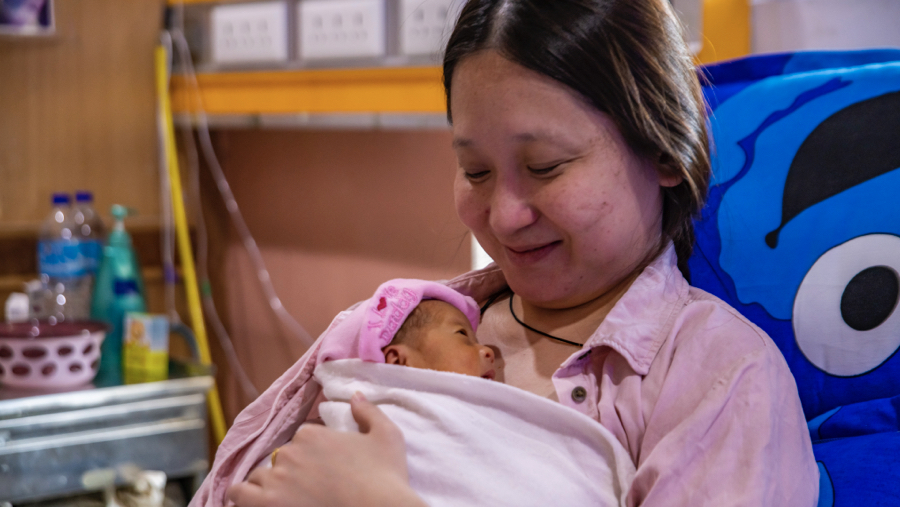
Learn more
The State of the World's Midwifery 2021
Nursing and Midwifery Department at Khesar Gyalpo University of Medical Sciences of Bhutan
Global Standards for Midwifery Regulation

